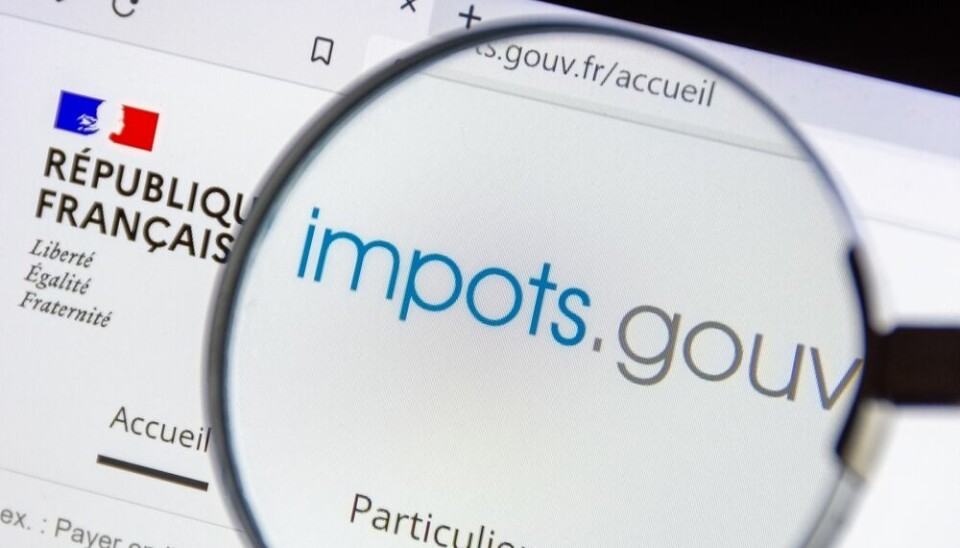Tax declarations in France: How to tell an official email from a scam
Staying alert can help protect you and your money during this declaration period
Taxpayers are warned to pay close attention to the addresses of emails and websites and ensure they are 100% correct
HJBC/Shutterstock
Taxpayers in France must watch out for email scams during the current declaration period, the public finance authority is warning.
La Direction générale des finances publiques (DGFIP) warns people to stay alert to emails that appear suspicious or ask for details away from the official website and/or app.
It comes as this year (2024) taxpayers can submit more complex income returns than ever before via the official impots.gouv mobile phone app as well as declaring via the website Impots.gouv.fr.
Online submission deadlines for returns this year are:
May 23, 2024 for zone 1 (departments 1-19, and non-residents)
May 30, 2024 for zone 2 (departments 20-54, and Corsica)
June 6, 2024 for zone 3 (departments 55-976).
Read also: Key errors foreigners may make with French tax declarations
Read also: How to apply for a ‘numéro fiscal’ for your first French tax return
Common tax scams include:
False notifications of refund - Emails that promise you an unexpected tax refund, and which need you to ‘confirm’ your details to receive it.
False threats about tax fraud or unpaid tax - Threatening emails that demand payment of tax arrears, and threaten the recipient with threats of bailiffs, police, jail, or heavy fines
Expensive phone line numbers - Emails that mention a number beginning with 0899 or 0891, supposedly to contact the tax office. These are fraudulent, expensive phone lines.
Emails pretending to be from the DGFIP - These will typically come from email addresses that appear similar to (but not identical) to the public finance domains (see below). They are fraudulent.
The DGFIP states: “These are obviously scams: the tax authorities never send you emails inviting you to visit online forms to obtain a refund without logging in to your authenticated space, or to notify you of the result of a possible review of your tax situation.”
Read also: Impôt, redevance, taxe: understand the subtle differences in French
How to spot a genuine email
A genuine email will never ask you to submit any information via email, and will always simply invite you to login to your private account space online or via the app.
The genuine tax authorities only use email addresses with the domain ‘@dgfip.finances.gouv.fr’. Any variation of this address, even if slight, is very likely a scam.
All official websites have the ‘.gouv.fr’ state domain, and the genuine tax website is ‘impots.gouv.fr’. Any variations of this - for example, ‘gouv-fr.fr’, ‘gouv-fr.com’, ‘impots-gouv.fr’ or similar - are a scam.
Read more: Millions to get email from French tax officials: be sure to read it
Never pay any money, or file your taxes, via a link in an email or text. Always go - independently - to the website or app yourself and log in directly in the usual way.
Numbers beginning with 0899 or 0891 are fraudulent. The genuine Public Finance centres use normal numbers, beginning with 01, 02, 03, 04 or 05, or the single freephone number (price of a local call): 0 809 401 401.
Fraudulent emails may have spelling or grammar errors, strange or messy formatting, and/or requests for detailed information about your company, income, or bank details.
Familiarise yourself with the contact details of your local tax office (service des impôt des particuliers for members of the public, or service des impôts des entreprises for businesses), which can be found on the government’s official website via this link.





























